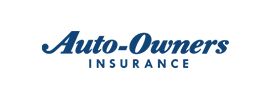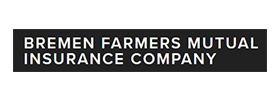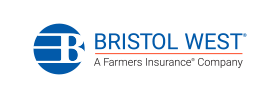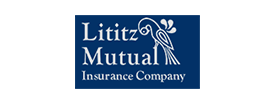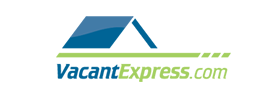Have you contemplated becoming an insurance agent? Looking to work with an insurance agent to find affordable insurance for your business, home, or vehicle? Whatever the case, understanding the qualities that define a good insurance agent is critical. Seeing as there are over 900,000 licensed insurance agents and brokers working in the U.S., it makes sense to differentiate between what is good and what is exemplary–(hint: recognizing the latter is the shortcut to affordable, comprehensive protection!)
A proficient insurance agent not only possesses extensive industry knowledge but also demonstrates strong communication skills, reliability, and a genuine commitment to their clients’ well-being. Let’s explore what are the qualities of a good insurance agent, for both aspiring professionals and clients alike.
Why work with an insurance agent?
Working with an insurance agent offers several noticeable advantages over shopping for insurance directly from providers. An insurance agent acts as a knowledgeable advocate who can navigate the complexities of insurance policies, ensuring that you receive the best coverage tailored to your specific needs. A good insurance agent offers personalized service, expert advice, and will support you throughout your insurance journey, making the process of buying a policy, making changes, and filing claims that much easier. After all, insurance can be confusing.
Here are some of the reasons why you might choose to work with an insurance agent:
- Their expertise and knowledge: Agents possess in-depth understanding of various insurance products and can explain complex terms and conditions.
- Personalized recommendations: They assess your unique situation and provide tailored policy options that best suit your needs.
- Time-savings: Agents handle the research, comparisons, and paperwork, saving you valuable time and effort.
- Access to numerous providers: Agents often have relationships with multiple insurance companies, giving you access to a wider range of options and competitive rates. They may even have access to companies not available on the general market.
- Claims assistance: Agents provide support throughout the claims process, ensuring smooth and efficient handling of any claims you need to file.
- Ongoing support: They offer continuous service, helping you adjust your coverage as your needs change over time.
- Advocacy: In case of disputes or issues with your policy, agents advocate on your behalf to resolve matters promptly and fairly.
Quality no. 1: Social skills
A good insurance agent excels in people skills, which are essential for building strong, trusting relationships with clients. This includes being an active listener, understanding and empathizing with clients’ needs, and effectively communicating complex information in a clear and understandable way. Strong people skills enable an insurance agent to connect with clients on a personal level, making them feel valued and understood.
Working in insurance is working with–and protecting–people, at its core. Whether that’s people’s businesses, their homes, their cars, etc. An insurance agent needs to have a personal touch when it comes to dealing with these matters, as it can be very personal–especially when it comes to assessing a client’s needs and concerns. An agent with good people skills can navigate possibly sensitive conversations with empathy, offer reassurance during stressful times, and maintain a positive, professional demeanor in every interaction they have.
Quality no. 2: Time management
Effective time management is a critical quality for a good insurance agent. Managing time efficiently allows an agent to balance multiple clients, meetings, and administrative tasks without compromising on the quality of service.
Let’s be real: time management is crucial in any profession, but it can be especially so when people’s livelihoods are left exposed. By being punctual and maintaining a structured schedule, an insurance agent can maximize productivity and minimize delays, which is crucial for timely policy renewals, claims processing, and client inquiries. Good time management also enables agents to stay on top of industry developments and continuously improve their knowledge and skills.
Quality no. 3: Product knowledge
A good insurance agent must have a deep understanding of the various types of insurance, coverage options, policy terms, and the specific benefits and limitations of each product. In addition, it helps (especially in today’s age) to have some tech skills; this is especially integral for agents nowadays.
An agent should be proficient in using modern tools and platforms for comparing policies, managing client information, and streamlining the application and claims processes. They should stay current with technological advancements and industry trends to provide clients with up-to-date information and efficient service.
Quality no. 4: Reliability
Reliability is a cornerstone quality of a good insurance agent, essential for building and maintaining client trust. A reliable insurance agent consistently follows through on promises, meets deadlines, and is available when clients need assistance or advice.
When you’re an insurance agent, you’re an advisor. People don’t have the knowledge you have, that’s why they look to you. If you can’t be there for them, you can’t be a good insurance agent. Reliable agents need to be transparent, maintain regular communication, and keep clients informed about important updates–ensuring that there are no surprises.
Work with AHI
At AHI Group, we’re staffed with nothing but the best insurance agents. Our agents understand the concerns of the individuals, families, and organizations in the regions we’re licensed in and can help address issues as they arise. We’ll find you affordable protection that checks every box. Give us a call today or request a free quote.














